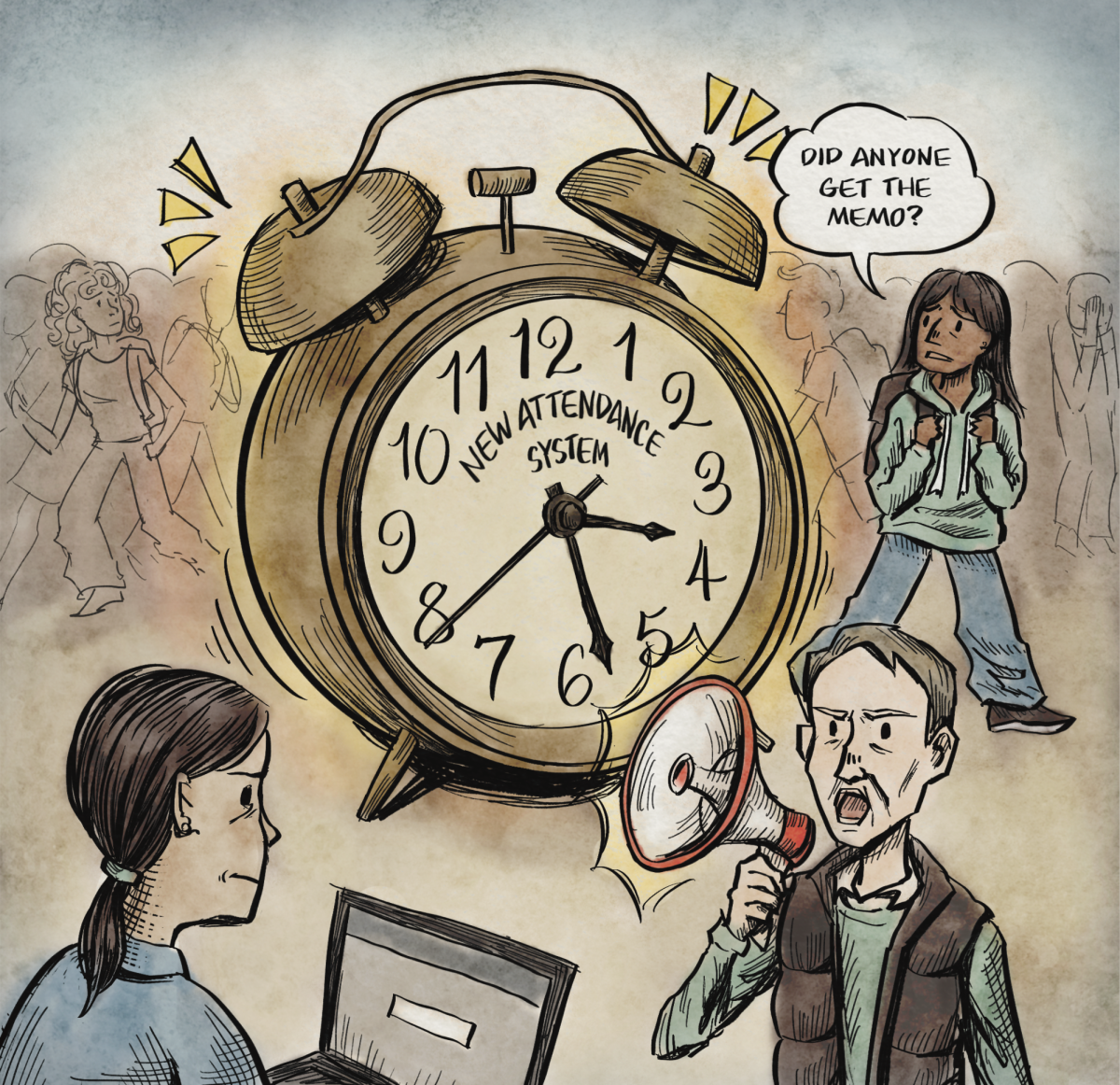When the seniors needed it most, Advisory vanished. As of the writing of this article, senior Advisory classes had met three times. That was hardly enough, especially at a crucial time for the growing number of students applying early to colleges. Not only was the number of Advisories limited, the structure of the meetings was not optimal. To remedy these problems The Campanile recommends that more Advisories be held for the seniors next year and that time during the meetings be used to work on pertinent material for the college application process.
We would first like to note the problems we observed with the process. The first Advisory meeting was on Aug. 16 and included a short summary concerning transcripts and college applications. Overall, however, the presentation was extremely dense, discussing all the senior “to-do” items, the new Wellness Center, the UC and CSU application, the Common Application, non-Common App schools, the NACAC, collegiate athletics and the brand new Coalition application. This was followed by a second Advisory meeting on Sept. 1 that focused on financial aid.
After this meeting, seniors were on their own. For more than two months since then, not a single senior Advisory was held. Unfortunately, there were four “Paly Deadlines” during this time. Essentially, students’ early applications could have been jeopardized if they did not submit the proper paperwork to the College and Career Center (CCC). However, there was limited support and reminders for seniors.
Seniors needed help during these past few months, and the structure and scheduling of Advisory did not provide it. There was no meeting when the first deadline for the cover sheet was due on Sept. 6. There was no Advisory to remind seniors to invite their recommenders and advisers to the Common Application. There was no Advisory to discuss the possibility of weighted grades appearing on student’s transcript or what to do if teacher recommenders were late in submitting their letters — a problem discussed in a separate editorial.
For those students who may have needed help with the early application process, Advisory would have been the ideal time to deliver it. Not only would there be a teacher available, there would be other concerned and knowledgeable students. College applications can have a unifying effect on students — they all need to meet the same deadlines and log into the same application websites. Some students are even applying to the same college or have the same recommender. Until now, Advisory has been a top-down process — the teachers lecturing the students. They have overlooked a fountain of knowledge and motivation — the other students in the midst of the application process.
Our recommendation for Advisory next year is to hold at least three additional meetings between Sept. 1 and Nov. 3. One meeting should be held before the first cover sheet — a list of colleges that a student is applying to — is due, the second should be held at the beginning of October to discuss teacher recommenders and the Common App and the final one in late October as an “emergency” help/check-in session for seniors who are applying early.
The key to making these Advisories useful is to allow time for students to work on their cover sheets or applications in the company of other knowledgeable students and teachers. Not only would this give students a jump-start on their applications, it would alleviate stress by creating a time and place to interact constructively with others going through the same hectic process.
We think these changes will decrease student stress and make Advisory more meaningful to students. It would allow them to receive reminders about important deadlines and to “take control” of their application.
We are grateful the school has advisory, and we appreciate the sentiment behind the meetings that were held. However, advisory could be much more effective if Paly administrators takes steps to not only add more meetings, but also to change the structure of these meetings to allow student-to-student communication and work time.



